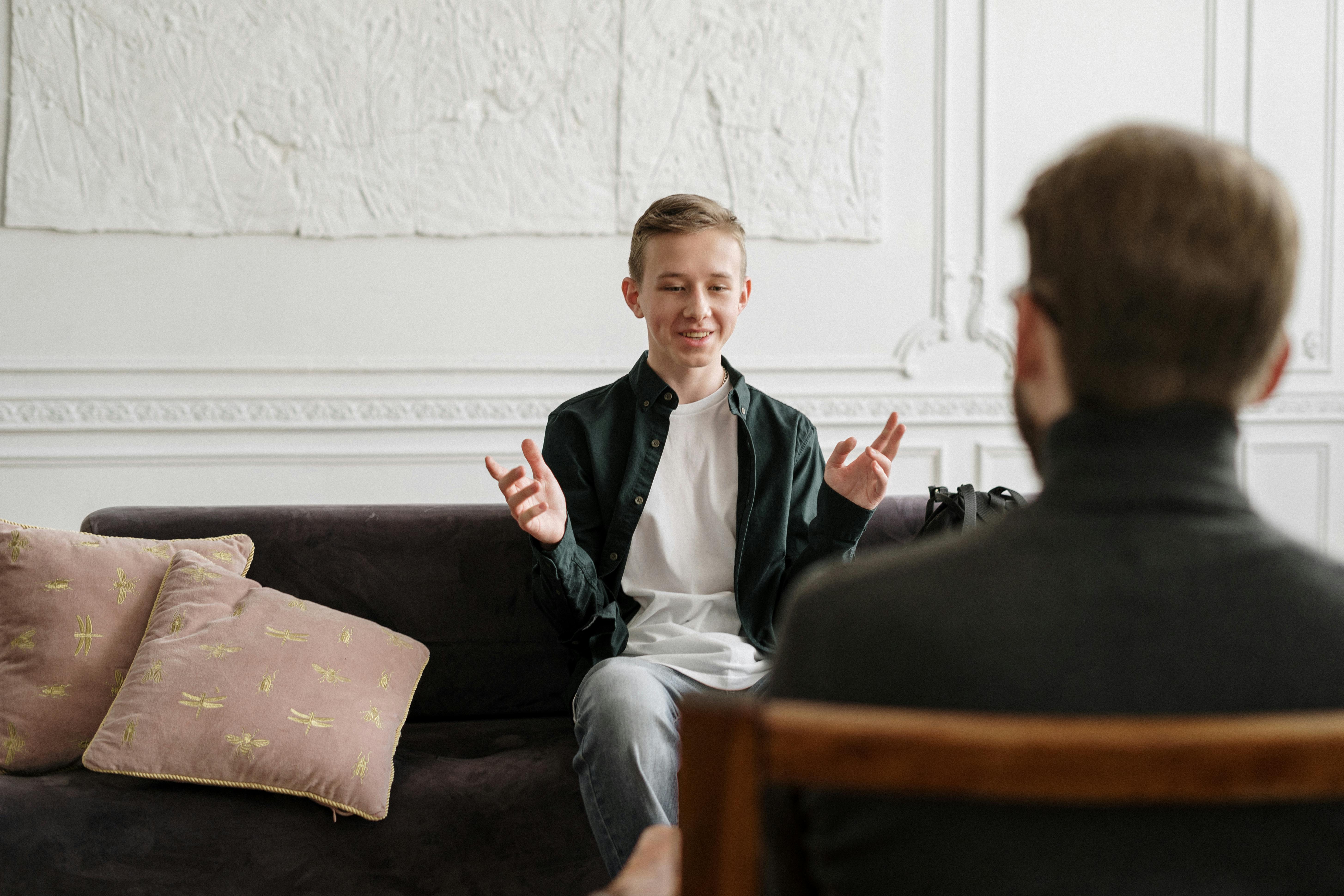Love might begin as a feeling, but it stays alive through what we do. Saying “I love you” matters, but it’s the consistent and intentional choices; listening, showing up, forgiving, and supporting; that make those words real. In other words, love starts in the heart, but it’s proven by action.
When we first fall in love, it’s often an emotion; excitement, connection, and attraction. These feelings are powerful and important. They create the bond that draws two people together.
But emotions are naturally inconsistent. Feelings fluctuate with stress, mood, and circumstance. That’s why even the healthiest relationships can have days where love feels distant, and yet the love is still there. Research from relationship scientists, Sue Johnson and John Gottman shows that love is more than an emotion, it’s a set of consistent, intentional behaviors that build secure bonds and long-term connection. Both the Emotionally Focused Therapy (EFT) model and the Gottman Method emphasize that lasting relationships grow through actions like emotional responsiveness, repair after conflict, and turning toward one another’s needs.
When love becomes action, it moves from being about how we feel to how we show up.
These actions build emotional safety; the trust and reliability that allow love to deepen over time. They form the foundation of what Johnson calls secure attachment or the experience of knowing, “You are there for me.” When partners act with consistency, empathy, and follow-through, words like “I love you” become more than sentiment — they become lived truth.
When love is only a feeling, it can fade with frustration, resentment, or change. When love becomes a practice through communication, empathy, and care, it can grow even during hard seasons.
That’s why understanding love as an action is so important in therapy. Many people come to counseling asking, “Why don’t I feel loved anymore?” Often, the answer isn’t that love disappeared; it’s that it stopped being expressed through action.
Therapy helps bridge that gap by teaching couples and individuals how to translate care, respect, and affection into consistent behavior.
Even small, intentional efforts can change the tone of a relationship. Here are a few ways to keep love active:
Love in action doesn’t need to be grand; it just needs to be steady. Small things, done often, are what build closeness and trust.
(Explore these ideas more in our related post: How to Show Love Daily)
If you’re questioning whether your relationship still holds love, it may not mean the love is gone. It may mean the actions that once expressed it have faded.
In therapy, we often find that both partners still care deeply — they’ve just forgotten how to reach one another. Drawing on evidence-based approaches like Emotionally Focused Therapy (EFT) and the Gottman Method, our therapists at Atium Health help couples and individuals rebuild connection by learning the language of love through action: consistent presence, compassion in moments of tension, and open, repair-oriented communication.
When love is practiced instead of just felt, connection begins to return — slowly, steadily, and genuinely.
Love may begin as a feeling, but it endures through action; through showing up, listening, forgiving, and growing. Feelings fluctuate; actions anchor us. When we treat love as something we do, it becomes less about perfection and more about presence.
If you’re in a place where you’re questioning what love looks like; or if your relationship feels uncertain, talking with a therapist can help you untangle what’s real and what’s reactive. Understanding how love is expressed can be the first step toward rebuilding trust, connection, or clarity in your relationship.
References:
Johnson, S. M. (2008). Hold Me Tight: Seven Conversations for a Lifetime of Love. Little, Brown Spark.
Gottman, J. M. (1999). The Seven Principles for Making Marriage Work. Three Rivers Press.
Johnson, S. M. (2007). “The Contribution of Emotionally Focused Couples Therapy.” Journal of Contemporary Psychotherapy, 37(1), 47–52. https://doi.org/10.1007/s10879-006-9034-9
Gottman, J. M., & Gottman, J. S. (2001). “Bids and Turning Toward in Gottman Method Couple Therapy.” In Research & Practice in Couple Therapy. Springer. https://doi.org/10.1007/978-3-319-49425-8_183
Stay informed about the latest research in psychology.

Is your teen struggling with impulsive choices? Understand the science of the "impulse gap" and how NOJOS Therapist Clint Okamoto provides specialized Level 1 & 2 care at Atium Health.

Discover how to navigate conversations about porn use without shame. Learn to use "I" statements, regulate your nervous system, and rebuild trust through transparency and professional support.

Atium Health provides NOJOS certified therapy for youth in Levels 1 and 2. Led by Clint Okamoto; we offer clinical expertise and empathetic outpatient support.